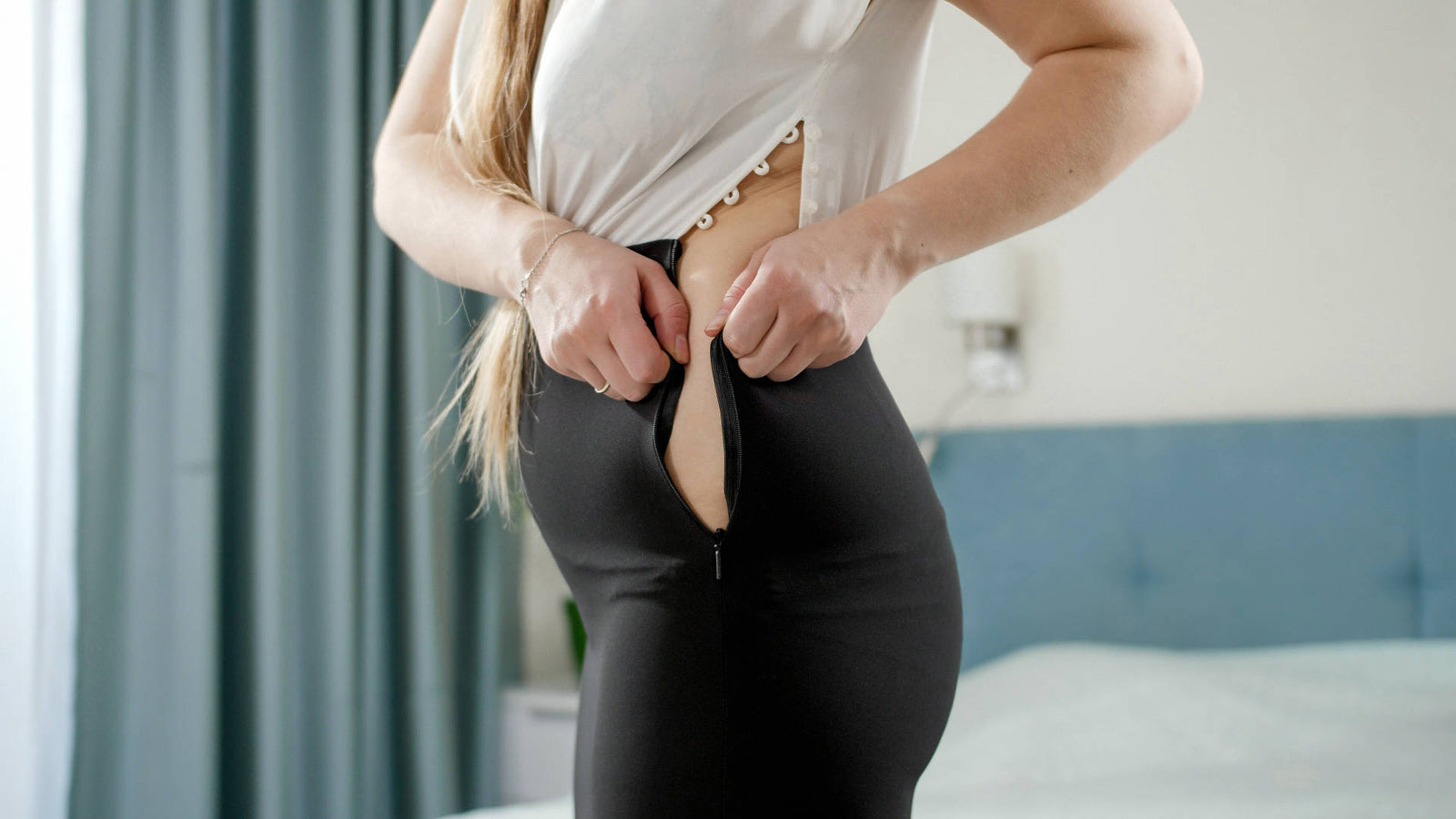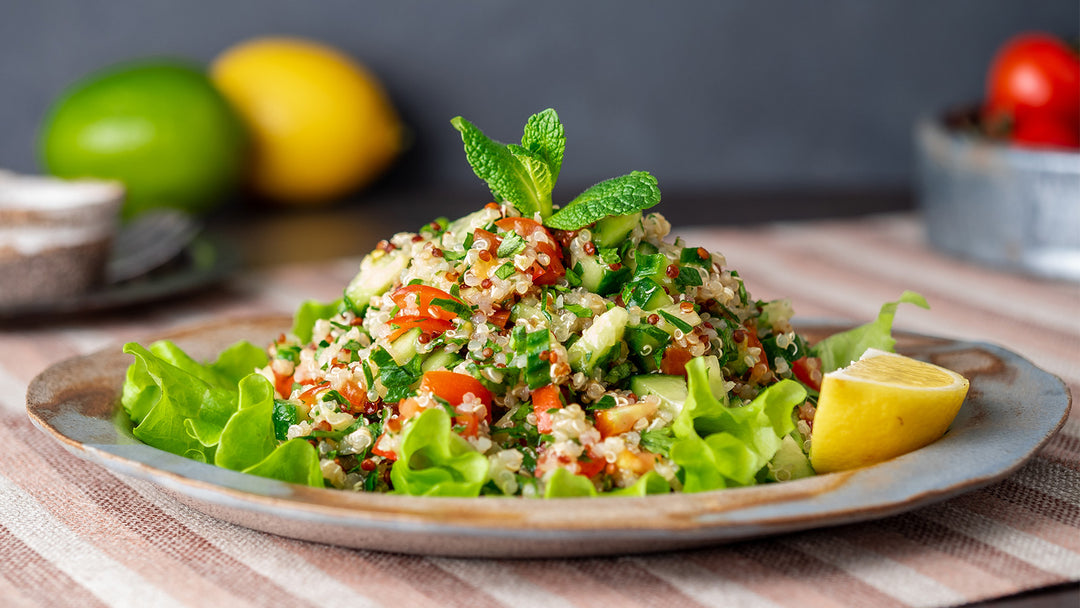Coping with Menopause Bloating: A Comprehensive Guide for Women

Menopause might not be the best time or phase in life, but it is definitely a natural part of aging that marks the end of a woman's reproductive years. With this being a normal transition, there may be a number of physical and emotional changes – though it could be different for everyone. One of the most common symptoms women experience during menopause is gas and bloating, particularly in the belly or mid-section area. It can be fairly unpleasant; but fortunately, there are ways to deal with it.
Now, we're going to look at what causes menopausal bloat and what you can do to deal with it in this comprehensive guide.

What is Menopause Belly Bloat?
The term “menopausal belly bloat” is used to describe the feeling of fullness, tightness, or bloat in the abdominal area. It's a common sign of menopause and can be caused by various factors, such as hormonal changes, decreased physical activity, and dietary changes. Some women may also experience symptoms other than bloating, like constipation, gas, or indigestion.
What Causes Bloating During Menopause?
There are several reasons why women experience bloating during menopause. Hormone changes are one of the main reasons. It may affect the digestive system and cause gas and bloating as estrogen levels decrease during menopause. In addition, this can increase weight gain and the risk of bloating when your body's metabolic rate is reduced.
Other factors contributing to menopause belly bloat include a lack of physical activity, poor diet, and stress. It may be more likely that a woman is prone to bloat when she lives an inactive life or eats food with too much sodium, sugar and fat. In addition, stress can affect your digestion and contribute to bloatedness.
What Helps with Menopausal Bloating?
There are several things that you can do to deal with the bloat in your belly caused by menopause:

Keep active
Regular exercise helps to speed up metabolism and avoid bloat. Moderate exercise, like brisk walking, cycling or swimming, must be carried out for a minimum period of 30 minutes each day. For more excise ideas, check out our new blog 5 Best Ab Exercises for Menopause Belly: Say Goodbye to Stubborn Belly Fat

Eat a healthy diet
Include more fibre-rich foods, such as fruits, vegetables, and whole grains, in your diet. Avoid processed foods, fried foods and sugary drinks that can contribute to the feeling of bloat.

Drink plenty of water each day to stay hydrated
To rid the body of toxins and prevent constipation.

Minimize stress
To help you relax the nervous system and improve digestion, practice calming activities like yoga, meditation or deep breathing.

Take the probiotics
Probiotics are good bacteria which can help regulate digestion and reduce bloat. You can take probiotics in supplement form or consume foods high in probiotics, such as yogurt, kefir, or sauerkraut.
What is Good for Menopause Bloating?
In addition to the tips mentioned above, some specific foods and supplements can help reduce menopause belly bloat. These include:

Ginger
Ginger is a natural anti-inflammatory, helping to reduce bloatedness and gassiness. It can be consumed in the form of tea or added to food.

Peppermint
It's possible to soothe your digestive system and reduce bloat by drinking peppermint tea.

Fennel seeds
They are suitable for helping digestion and preventing bloat and can be consumed in tea form or incorporated into your meals.

Magnesium
Magnesium is a mineral that may help regulate digestion and reduce the risk of suffering from constipation, which may lead to bloat. You can obtain magnesium from supplements or foods that are high in magnesium, such as leafy greens, nuts and seeds.


